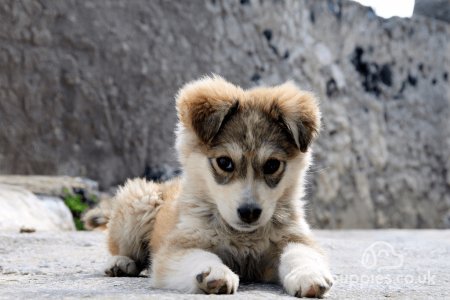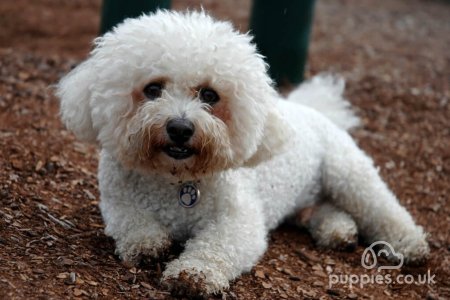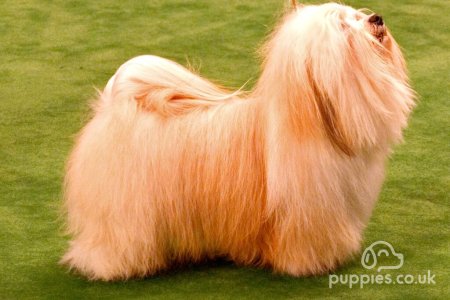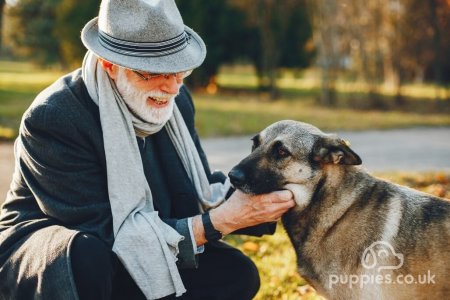What Does It Mean When My Dog Pants At Night?
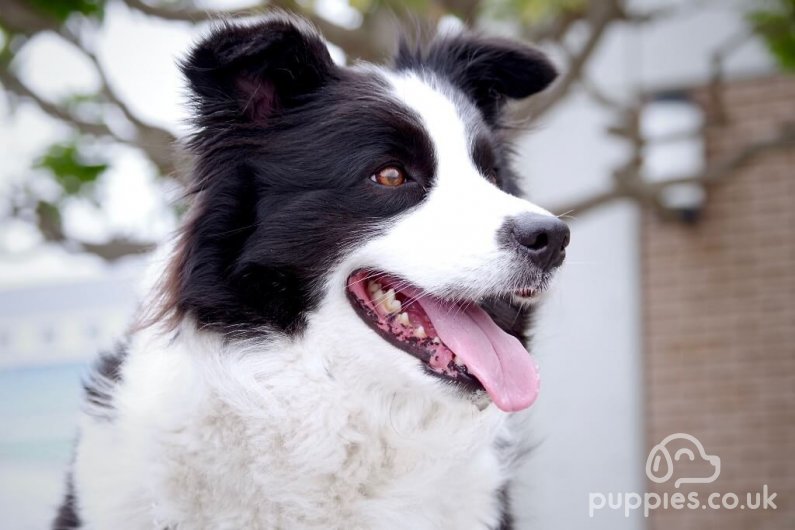
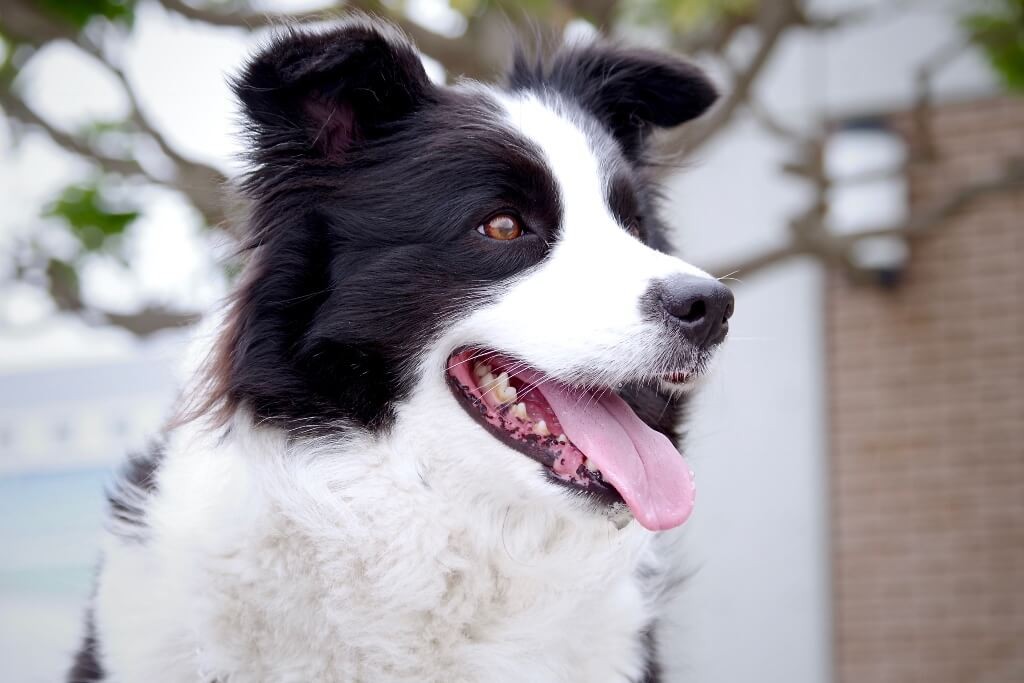
Attribution-ShareAlike 4.0 International (CC BY-SA 4.0) - IketaniDaisei
Dogs pant for a variety of reasons and while most of the time it is nothing to worry about there are some occasions where panting is a sign they need veterinary attention. Monitoring your dog’s behaviour and health is the best way to understand what is normal for your dog and what is excessive or unusual.
If you notice your dog is suddenly panting heavily or they pace around at night panting it may indicate something more serious than simply regulating their body temperature.
Panting At Night Vs During The Day: The Key Difference
Nighttime panting is different from panting during the day as at night your dog should be relaxed and resting. The temperature is usually cooler at night and your dog won’t be doing any physical activity so they shouldn’t need to pant as they do during the day. If your dog is restless and panting during the night then it could be due to stress or a health issue.
Why Is My Dog Panting While Resting?
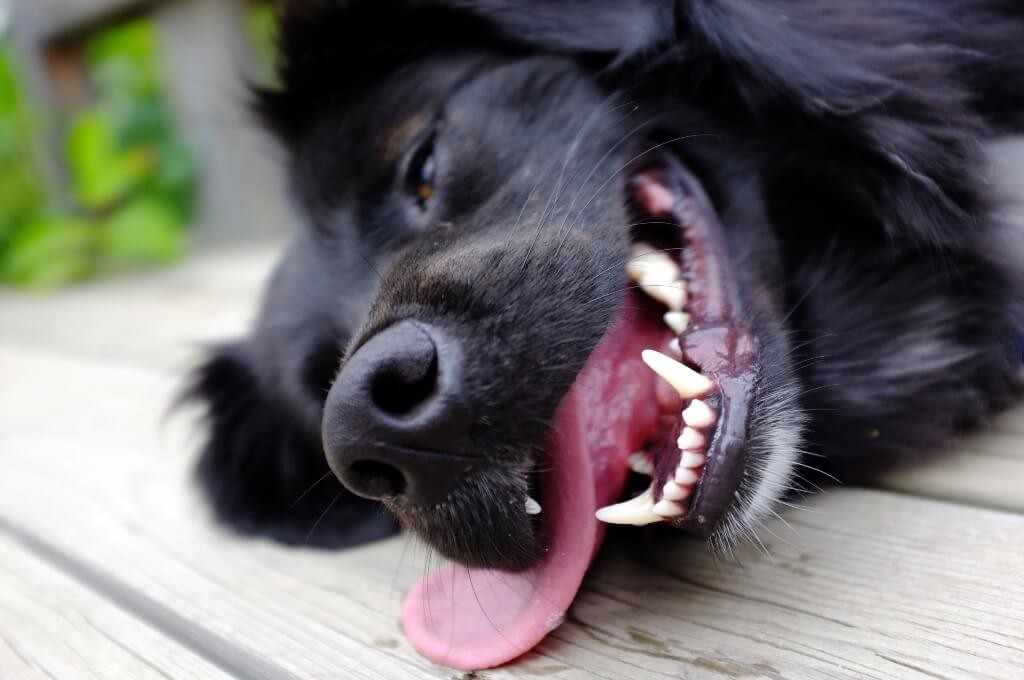
Attribution 2.0 Generic (CC BY 2.0) - xlibber
1. Fear or Anxiety
If your dog pants at night it could be because of fear or anxiety. This is particularly common in puppies that are getting used to being on their own during the night. Fear or anxiety can also occur when staying the night in new places, staying around new people, or due to unfamiliar sounds such as fireworks.
2. Lack of Exercise or Stimulation During the Day
If your dog is restless at night it could be because they have not had enough exercise or mental stimulation during the day. They may feel bored and stressed making them unable to rest during the night while you are trying to sleep. Make sure your dog gets plenty of exercise during the day so they do not have pent-up energy at night.
3. To Cool Down
If it is a particularly warm night, your dog may be panting to keep themselves cool. Try to keep their sleeping area at a comfortable temperature and make sure they always have access to fresh drinking water so they don’t get too hot.
4. Breed-Related
Certain breeds such as Pugs, French Bulldogs, Boxers, and Boston Terriers are brachycephalic and are prone to panting (as well as snoring and snorting). Brachycephalic dogs have shortened snouts that make it difficult for them to breathe. It is normal for these dogs to pant throughout the day and night, even when they are resting.
5. Old Age
Older dogs are more prone to panting and pacing at night. This is because older dogs are more likely to have anxiety and they experience a number of physical and mental health changes that impact their sleep patterns.
6. Health Issue
There are many health issues that can cause excessive panting including arthritis, respiratory disease, heart disease, and Cushing’s Disease. If the problem is health-related then it is likely your dog will show other symptoms such as increased thirst and frequent urination (Cushing’s Disease) or a blue/ grey tongue and gums (respiratory disease).
If there are no obvious causes for your dog’s panting at night, or they are displaying unusual behaviour, showing signs of pain, appearing disorientated, or having underlying health conditions then get your dog checked by a vet.
Why Do Older Dogs Pant At Night?
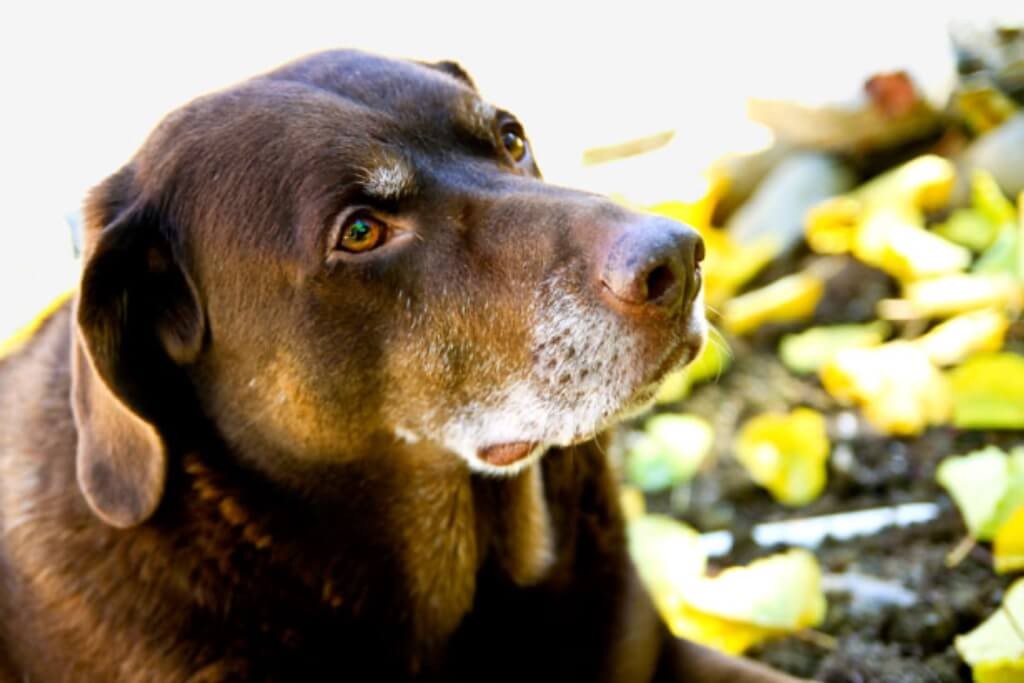
CC0 1.0 Universal (CC0 1.0) Public Domain Dedication - Anne Lowe
There are a number of reasons older dogs are prone to panting at night including pain, anxiety, chronic illnesses, vision or hearing loss, and separation anxiety.
Some older dogs experience Canine Cognitive Disorder which is essentially dog dementia, this impacts their sleep cycles while also causing restlessness and panting.
Panting in older dogs can also be a sign of a heart problem, lung problem, and arthritis. Many older dogs are also on medication and panting may be a side effect of this.
As there is such a wide range of reasons for older dogs to pant at night it is important to contact your vet to help rule out medical causes.
How Do You Calm A Dog From Panting At Night?
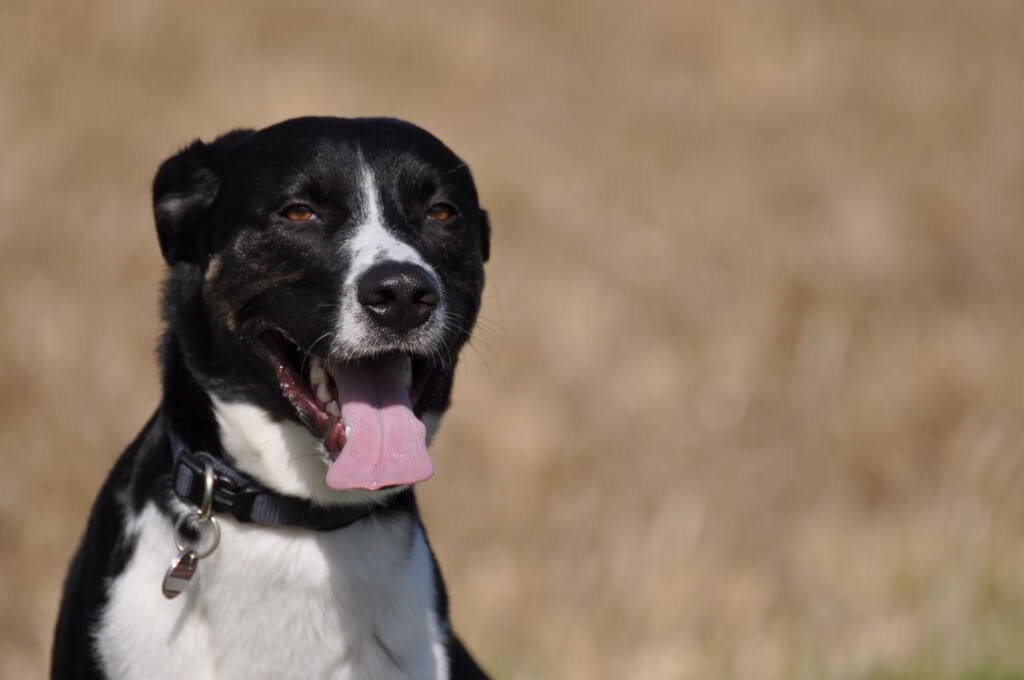
CC0 1.0 Universal (CC0 1.0) Public Domain Dedication - RAFFAEL HERRMANN
The way to help calm a dog that is panting at night depends on the reason they are panting. If you are not sure why your dog is panting or you have noticed they are excessively panting and seem uncomfortable then contact the vet as they will help you diagnose the cause and ensure your dog gets the right treatment.
Calming A Dog That Is Stressed
If your dog is panting due to stress or anxiety then ensure they have a calm and quiet environment to rest. Give them a comfortable bed that is thick enough to provide comfort and suits their size. If your dog is older, underweight, or sore then a thicker bed will help them relax at night.
Anxiety is a common cause of panting and restlessness in dogs, depending on the situation your dog may benefit from calming supplements, relaxing music, or anti-anxiety medication.
Calming A Restless Dog
If your dog is restless during the night and it is due to built-up energy then take your dog on daily walks and try playing an interactive game or taking them for a walk in the evening before bed to help tire them out. Getting out of the house and going for a walk is great for your dog’s physical and mental health.
Calming A Dog That Is Too Hot
If your dog is having a hard time keeping cool, you can help them out by keeping their environment cool. Open windows or use a fan/ air conditioning to increase ventilation, provide fresh water, and monitor your dog to ensure they do not overheat.
Understanding Your Puppy’s Health
If you want to better understand your dog, check out our articles on why dogs pant, puppy health basics, and the healthiest dog breeds.







